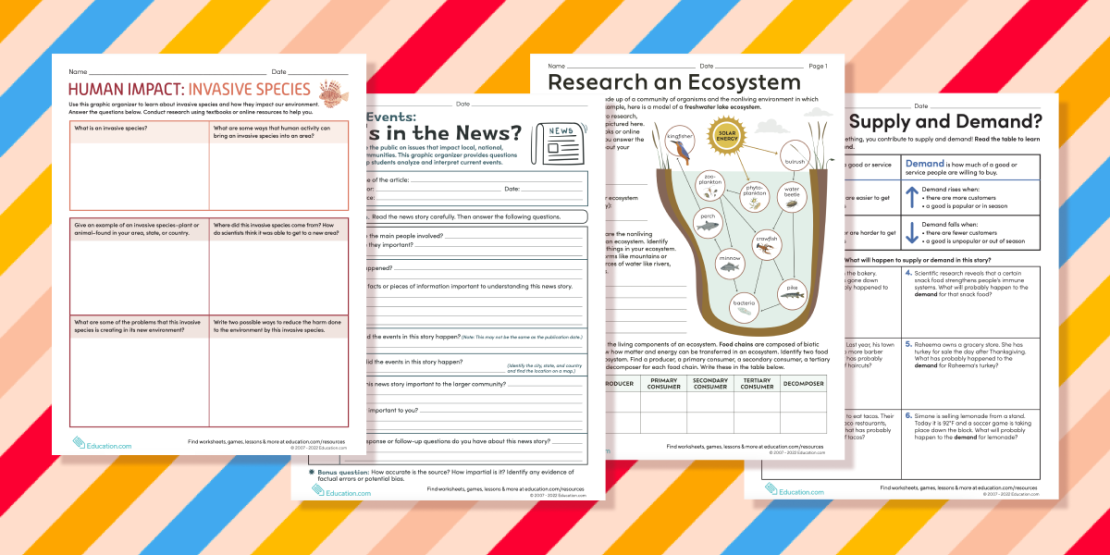As colleges across the U.S. reopen, faced with empty classrooms and scattered classmates, this strange new sight has us wondering what else these traditional places of learning can teach us. Long before the pandemic, campuses were in the news not so much to open young minds as to shut down discussion; not so much to encourage humanity as to promote ideology.
Intergenerational Collision of Tastes and Values
As I return to college classes in the spring of 2019 after 37 years, I feel that my tastes and values, as well as my language, may be outdated for many of the students I mentor, and I believe they are. I suspected that these teenagers cared less about books than I and my old classmates did, and I was right. I thought that, as a writer who has spent 45 years traveling the globe, I would have some travel wisdom to impart to them, and I was wrong: part of it has to do with their generous and wealthy universities before me. Sixteen undergraduates spent their first class talking about their recent trips to Nauru, Kyrgyzstan, and Hongbo, places I had barely heard of.
The young people at this elite university were in almost every way smarter, more mature, more reliable, and infinitely more globally aware than my peers and I were in a far less diverse era. But the most wonderful surprise was seeing how many of them absorbed knowledge that was not found in any textbook. One day I picked up a school newspaper and came across an article written by someone I had foolishly thought was our class clown. He wrote that he went to Mass every Sunday precisely because he was not religious. He wanted to understand perspectives other than those he knew. He admired the discipline and sense of order in the act of saying Mass, something he felt he might lack if he didn’t do it. He was once struck by the open-mindedness of a devoutly religious roommate, and the two would argue all night long. He writes, If a religious person can be so responsive to the positions of others, shouldn’t a secular liberal aspire to the same attitude?
As I read this, I realized that I had little left to teach students like this in a class that was ostensibly about exploring cultures other than our own. What struck me even more was how one young man imaginatively addressed the central issue of our time: that we are united primarily by our divisions. Whether amid climate change or the right to life — not to mention the ethics of simply wearing a mask to protect others from a deadly virus — more and more of us refuse to cross party lines. In the age of social media, we all believe that we can better attract the world’s attention by shouting as loud as possible, which leads us to take the most extreme and polarizing positions.
The Wisdom and Awakening of a New Generation
Our institutions don’t solve problems; they (and the stupidity of groups) are often the problem. As the wise Franciscan Father Richard Rohr pointed out, the only thing more dangerous than the individual self is the collective self. It’s one of the reasons I listen to Fox News while driving in Santa Barbara, California—I hear enough of the other side from my friends. For the same reason, although not a Christian, I turned to Richard Rohr for sobriety. We are obsessed with simplicity as the only cure. We need to be reminded that being incorrect does not always mean you are wrong. Just because you have been greatly wronged does not mean that you are innocent. When it comes to hurricanes or viruses, it doesn’t matter whether you’re black or white, and neither does the world.
Of course, religion itself can be as sectarian as the hostility it condemns, which is why the world’s most high-profile religious figure, the Dalai Lama, has published a book called “Beyond Religion.” religion). As such, he placed many of his beliefs above science, whose laws and findings transcend human differences and apply equally to believers and non-believers, Muslims and Jews. However, it seemed to me that the same wisdom was present in the 16 students who seemed ready to move beyond convenient dogma and dehumanizing abstractions.
One of them is a smart, personable gay athlete and a staunch supporter of Donald Trump (who claims he will support the president regardless of his views on gay rights). I was a little worried when I sent an excerpt from Barack Obama’s “Dreams from My Father” to our group to read and discuss.
The following week, as we gathered together, enthusiastic Trump supporters raised their hands. He respectfully called Obama “President Obama” and said he was shocked by President Obama’s intelligence, eloquence, and subtlety. “I disagree with many of his positions,” he said, “and I won’t vote for him.” But how could he not be deeply moved by Obama’s mastery of words, the power of his writing, and the humanity it embodies?? He was so moved that after completing the 20-page assignment, he read the entire 442-page book over a weekend.
Of the many things I learned in that classroom, perhaps this was the most valuable. If someone barely reaching voting age can be so open-minded, how can I and others a generation or two older than me continue to act like preschoolers? Among animals, we alone possess the ability to think rationally and transcend conditioned reflexes. The best reason to go to school is to discover how much you don’t know, even if you are a so-called teacher.




